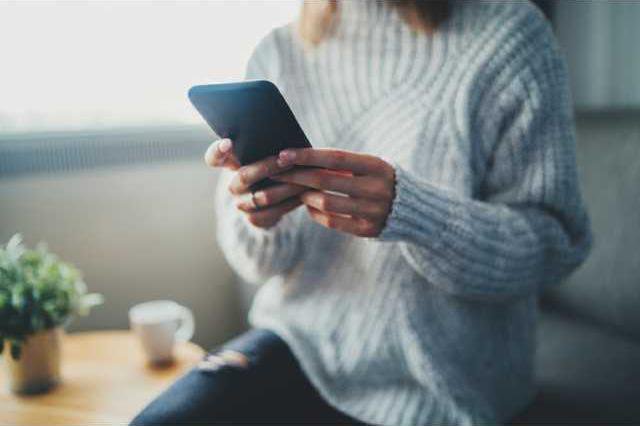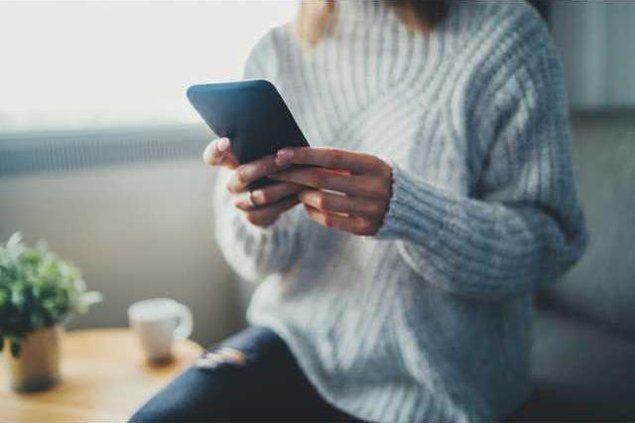Its now possible to send SMS text messages using an Alexa device.
However, you and your recipient need Android phones.
Amazon announced Tuesday that it launched a new messaging feature for the Alexa device that will allow you to send SMS texts to your contacts using your voice, according to TechCrunch.
Just ask Alexa, the Amazon artificial assistant, to send a text to a specific contact, and the device will go to work. Alexa will either send the message through the Alexa messaging system or through SMS text if the other person doesnt have an Alexa-enabled device.
Here are the specifics on how to use it:
Hit the Conversations tab on the app.
Select Contacts.
Click My Profile.
Turn on the Send SMS feature.
The new feature comes 10 days before the release of Apples HomePod device, which will include the capability for iPhone and iOS users to send text messages through Siri, The Verge reported.
Theres no word yet if Amazon will allow Alexa to send texts between iOS device users in the future.
Amazon will roll out this new feature on devices that allow Alexa messages and calling, a feature that was announced in June.
Apples HomePod received criticism this week for its high price and because it lacks certain features you can find in Alexa devices, according to the Deseret News. For example, HomePod users can ask Siri to play music through Apple Music, but not through Spotify.
Critics said the HomePod is more like a smart speaker rather than an artificially intelligent device.
The HomePod is being positioned more as a competitor to Sonos high-end wireless speakers than as a competitor to the plethora of inexpensive smart speakers flooding the market, The Verge reported.
However, you and your recipient need Android phones.
Amazon announced Tuesday that it launched a new messaging feature for the Alexa device that will allow you to send SMS texts to your contacts using your voice, according to TechCrunch.
Just ask Alexa, the Amazon artificial assistant, to send a text to a specific contact, and the device will go to work. Alexa will either send the message through the Alexa messaging system or through SMS text if the other person doesnt have an Alexa-enabled device.
Here are the specifics on how to use it:
Hit the Conversations tab on the app.
Select Contacts.
Click My Profile.
Turn on the Send SMS feature.
The new feature comes 10 days before the release of Apples HomePod device, which will include the capability for iPhone and iOS users to send text messages through Siri, The Verge reported.
Theres no word yet if Amazon will allow Alexa to send texts between iOS device users in the future.
Amazon will roll out this new feature on devices that allow Alexa messages and calling, a feature that was announced in June.
Apples HomePod received criticism this week for its high price and because it lacks certain features you can find in Alexa devices, according to the Deseret News. For example, HomePod users can ask Siri to play music through Apple Music, but not through Spotify.
Critics said the HomePod is more like a smart speaker rather than an artificially intelligent device.
The HomePod is being positioned more as a competitor to Sonos high-end wireless speakers than as a competitor to the plethora of inexpensive smart speakers flooding the market, The Verge reported.








